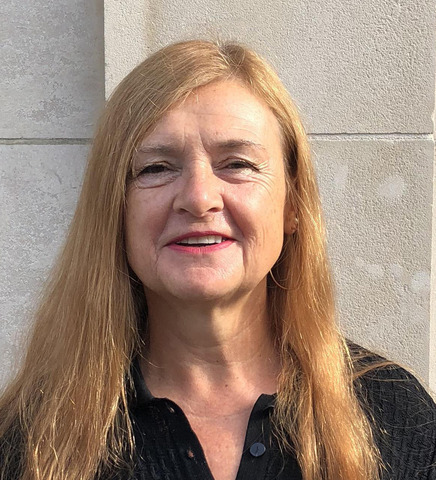Three meetings took place in public at the town hall last week – the Health and Wellbeing Board, the Adult Social Care and Public Health Sub-Committee and the Tourism, Equalities, Communities and Culture Committee.
I attended the first two and they were much more positive and informative than previous meetings.
At the Health and Wellbeing Board, we had four items for information which covered the whole of the board’s remit.
These included the director of public health’s annual report, reviewing the lessons learnt from the pandemic and setting out a way forward, and the “Joint Strategic Needs Assessment”.
The latter is an assessment of health and wellbeing in the city, with outcome measures and the progress made against those.
We discussed the integrated care partnership – the Sussex Health and Care Assembly – and its forward plan. I raised particular issues around preventative measures and received assurances that these were contained in all of the workplans and specific issues were addressed locally (“place based”) as well as pan Sussex.
The most interesting outcomes and lessons learnt across all of the areas that we discussed supported the realisation that we are not working in silos.
We need to continue to build on our partnership working across health, care, our businesses, the voluntary and community sectors and, of course, our residents, carers, clients and patients.
We heard about a new way of commissioning support for people with mental and physical disabilities in the community and in supported housing at the Adult Social Care and Public Health Sub-Committee.
We were asked to delegate responsibility for commissioning these services to the director of adult social care via what is known as a “dynamic purchasing framework”.
The difference between this report and previous approaches to bringing reports was that councillors had a detailed briefing of what was being commissioned.
We were told what the specification for each area would include and the reasons why this method of contracting was preferred to current methods.
We therefore felt we were able to agree this new framework, having been able to scrutinise officers’ actions and the specification beforehand – in other words, we were able to do our job.
Sadly, the Tourism, Equalities, Communities and Culture Committee meeting didn’t go quite as well.
Our Labour team were informed that, despite our budget amendment last month, the lifeguard service was still going to be cut from ten to seven beaches.
And that £30,000 – part of the £60,000 that we identified at the annual “Budget Council” meeting – would be used to set up a “reserve”.
We now demand that our new administration in May urgently reviews the plans for next summer after the election.
Councillor Carmen Appich is the joint Labour opposition leader on Brighton and Hove City Council.









I do wonder if this is a cut, when you consider the increased pressure, and cost, to emergency services this potentially brings?